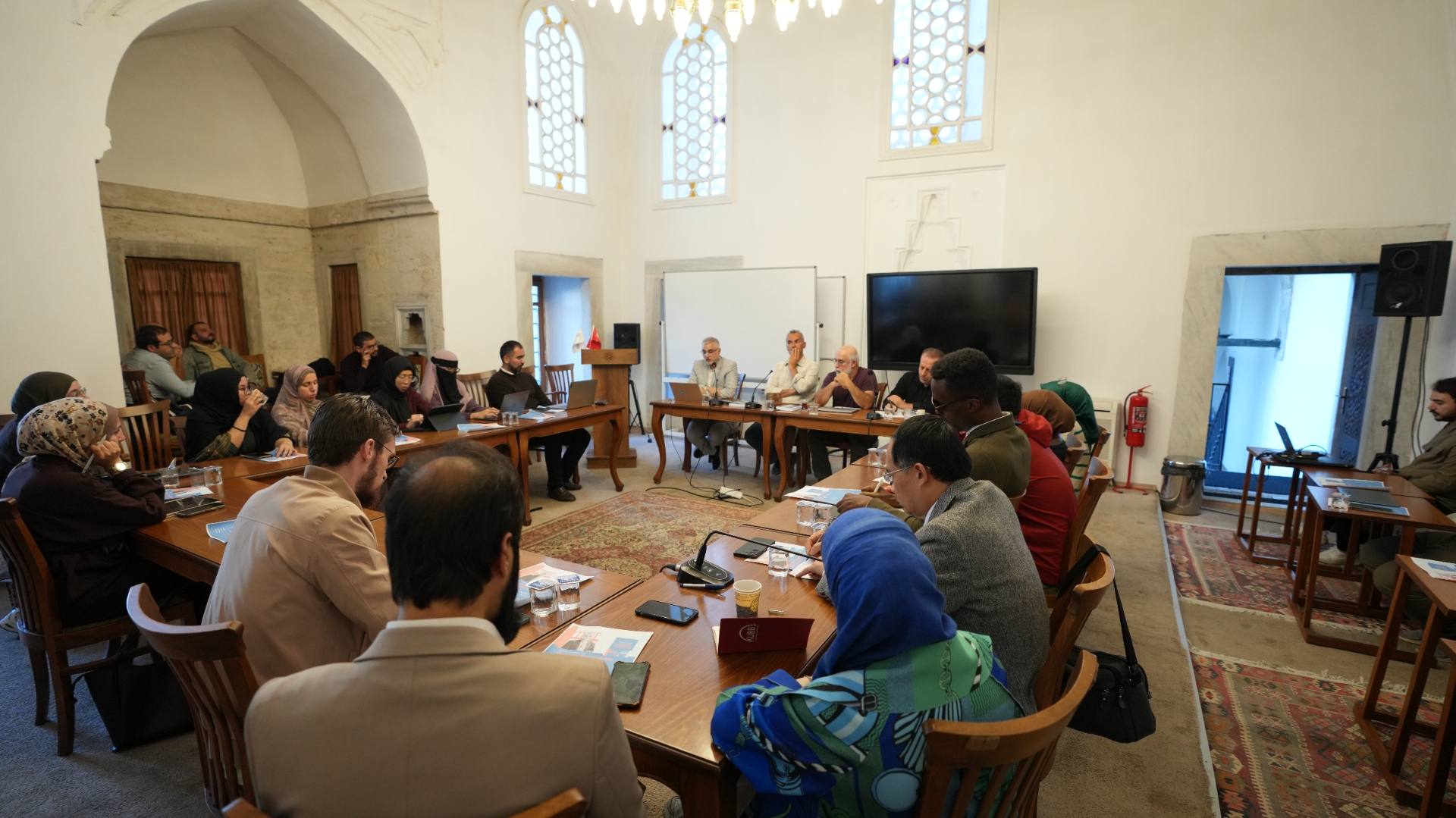


A panel jointly organized by the Ibn Haldun University Department of Sociology and MEDIT brought together Prof. Sari Hanafi from the American University of Beirut to discuss the promises and limits of liberalism, the concept of symbolic liberalism, and the approach of dialogical sociology. The panel featured contributions from Sociology Department faculty members Prof. Ramazan Aras, Prof. Mücahit Bilici, and Dr. Heba Ezzat, and was moderated by Assoc. Prof. Önder Küçükkural. During the event, Prof. Hanafi presented his recent book, "Against Symbolic Liberalism: A Plea for Dialogical Sociology", opening a discussion on the dynamics of contemporary social polarization and the ways in which social scientists may unintentionally reproduce the very divisions they critique.
The panelists explored the intellectual impasses produced by symbolic liberalism, ongoing debates surrounding the universality of rights, and the potential of dialogical sociology to re-engage with social theory. They emphasized the need for a critical yet dialogical approach that allows diverse intellectual traditions to interact within a shared public sphere.
In his book, Prof. Hanafi argues that in an era of deepening global polarization, social scientists often—albeit unknowingly—reproduce the injustices they aim to challenge. The term “symbolic liberalism” captures the contradiction in which individuals express commitment to liberal principles while simultaneously adopting politically illiberal attitudes in practice. Hanafi contends that this contradiction exacerbates key crises of modernity—authoritarianism, economic precarity, and ecological degradation—while narrowing the space for open dialogue, even as it upholds the universality of rights. As an alternative, he advocates for the construction of a dialogical public sphere where diverse conceptions of the “common good” can be meaningfully negotiated.
Blending political philosophy, moral thought, and sociological critique, the book seeks to offer a substantive platform for intellectual exchange at a time when such engagement is both more necessary and more vulnerable than ever.